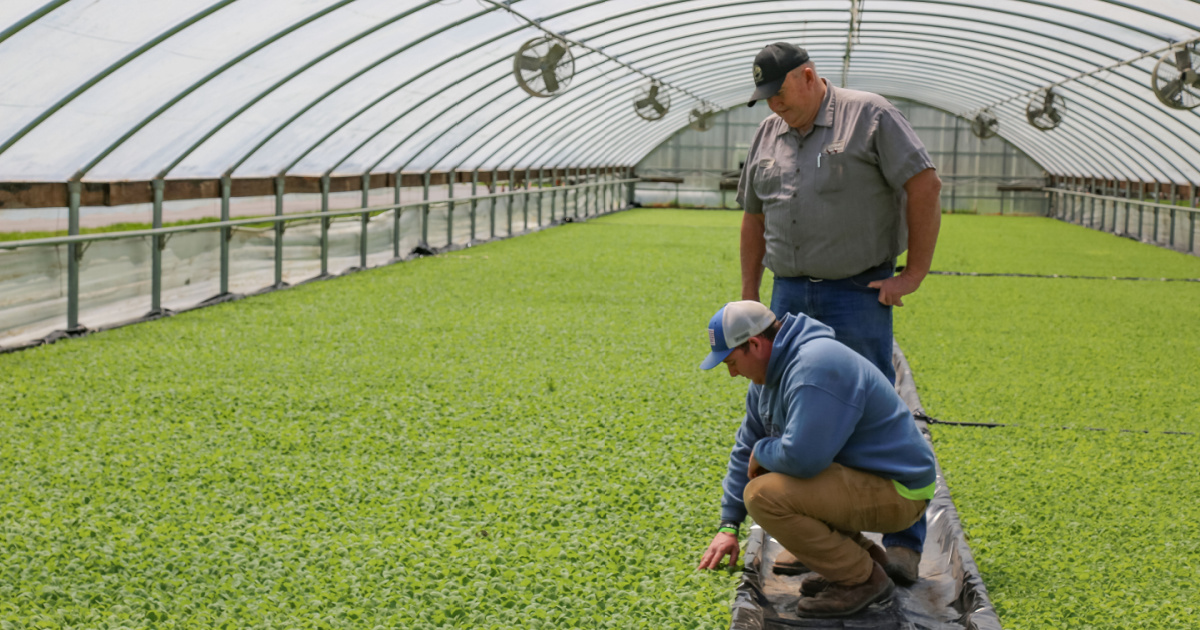Kentucky Tobacco; A Tradition Continues, For Now
Posted on May 6, 2022
While tobacco has relinquished the lead in total crop production, it still has a place on many state farms.
The days of tobacco being the king crop in Kentucky are in the rear-view mirror, but the once top crop still holds a place in Kentucky's diverse agricultural environment.
The latest available information from the Kentucky National Agricultural Statistics Service denotes, “burley tobacco growers in Kentucky intend to set 36,000 acres for harvest, up 1,000 acres from 2021, while producers intend to set 10,000 acres of dark-fired tobacco in Kentucky, up 1,300 acres from the previous year. Acreage set to dark-air tobacco was estimated at 7,200 acres, up 1,100 acres from 2021.”
While the coming season won’t be anywhere near the nearly billion-dollar crop of 1997, it’s still an important part of the farming operation for those growing it.
But producing a tobacco crop in today’s ag economic environment could be as much about tradition as profitability for most producers. Larry Clark, of Green County, knows all about that tradition and still includes tobacco as part of his diverse farming operation.
"We're planning to put out 160 acres of burley and six or seven acres of cigar tobacco this year which is something fairly new to us," he said. "We're still learning a lot about cigar tobacco. Last year, we had a crop, but we've got ideas to make it better this year. Regardless of what kind of tobacco you grow, it's as much about tradition and you've got to have it in your blood or you're not going to do it."
Clark said tobacco companies have increased prices some but not enough to cover extra fertilizer and chemical costs, as well as increases for labor. However, he grows his own plants which helps in keeping inputs as low as possible and still plans to raise tobacco in the future.
As with most tobacco producers, Clark depends on the H-2A program for labor throughout the growing season. His guest workers have been coming back to his farm for many years, something that proves to be a huge advantage.
“They are like family to us, and I know with one of our workers, who has been coming here for 17 years, I can depend completely on him to know what to do and when to do it,” Clark said. “But the program needs work to make it better and tobacco companies need to be a little bit more involved with the farmer, I think, to understand what we need.”
As much of a role as tradition plays in keeping tobacco on the farm, diversity may be the key to keeping it there in one way or another. In addition to his tobacco crop, Clark also raises corn, soybeans, and wheat to go along with his cattle operation.
“I know there are several growers who aren’t sure if they are going to keep raising a tobacco crop, but I intend to do it as long as we can,” he said. “I have been raising a crop for most of my life and it’s important to me that the next generation takes over, but they are going to have to see a profit if we expect them to continue this tradition.”
Comments